By Esteban Portillo *
Russian Foreign Ministry sources told this correspondent that the Minister of Foreign Affairs, Sergey Lavrov, is preparing to define a new international tour, this time to the main Latin American countries.
As in his recent visits to Africa, Asia and the Middle East, the Russian Foreign Minister seeks to reaffirm economic and political ties with the countries that have not adhered to the sanctions regime imposed on Russia by Washington and the European Union. Strictly speaking, specifically Washington and the European Union, together with some allies such as Japan and Australia, apply the sanctions. The rest of the world, moving towards a new multipolar order, maintains normal relations with Moscow.
As a confirmation of this reality, the Federal Customs Service released today the positive balance of Russian foreign trade, which in 2022 grew by 68% and amounted to 332.4 billion dollars. Exports grew by almost 20% to over $591 billion, while imports, as a result of the strong import substitution policy, fell by 11.7% to $259.1 billion.
Russia, for example, entered the top 5 of the main exporters to India, not to mention the privileged place held by trade with China, which this year is expected to exceed 200 billion dollars.
According to the sources consulted, the tour would take place next April and would include the most important countries of the continent: Mexico, Venezuela, Colombia, Brazil and Chile. Cuba is obviously implicit in the tour. Until now, Argentina was specially included as the end of the tour.
That is no coincidence…
A little over a year ago, in February 2022, Argentine President Alberto Fernandez, on an official visit to Moscow, proposed to his Russian colleague Vladimir Putin to be “the gateway to Latin America” for Russian investments and economic projects in the region. He strengthened this proposal by stating that Argentina had to free itself from its dependence on the United States and that precisely this opening towards Russia would favor this decision.
Russian diplomatic circles valued this statement at the time, although they relativized its application in practice, given the financial commitments that Buenos Aires has assumed both with Washington and with the IMF, whose main shareholder is the U.S. The almost non-existent level of trade exchange has evidenced this. If in the 80’s of the last century it had reached 5 billion dollars, during 2022 and according to data from the same Russian Customs, it reached 700 million.
In particular, the Kremlin attaches special importance to the revival of the political management of the Community of Latin American and Caribbean States (CELAC), which until January of this year was presided pro tempore by Argentina, due to the assumption in several Latin American countries of left-wing forces.
Foreign Minister Lavrov himself recently stressed, during the G20 foreign ministers’ summit in New Delhi, that the countries of Latin America and the Caribbean have increased their geopolitical weight and regional cooperation thanks to the revitalization of CELAC. The head of Russian diplomacy pointed out that its member countries “have moved to a new level in the development of regional cooperation”.
He affirmed that “the crisis that took hold of CELAC a few years ago has been overcome”, so that the organization “now acts as a group of States that share common objectives and interests”.
He stressed that the countries of Latin America and the Caribbean are “increasing their political weight” and recalled the initiative of the President of Venezuela, Nicolás Maduro, to create “an alliance in favor of a greater defense of the region’s interests on the international scene”.
In this regard, the MID (the acronym by which the Russian Foreign Ministry is known) paid special attention to the recent declarations of the head of the US Southern Command, General Laura Richardson, who justified the need to “defend the national interests” of the United States in a region with enormous natural resources such as Latin America. In this connection, they highlighted the recent statements of leaders such as Mexico’s Andres Lopez Obrador, Colombia’s Gustavo Petro, Brazil’s Lula da Silva and Argentina’s President Alberto Fernandez, who refused to supply arms in the conflict in Ukraine and reiterated the need to find a peaceful solution to the confrontation.
Lavrov, who in Delhi met with his counterparts from Argentina, Santiago Cafiero, and Mexico, Marcelo Ebrard, affirmed that he has “very good relations with them. We have known each other personally for a long time and, undoubtedly, we have a very promising agenda for the development of bilateral relations in all areas”.
In the monumental building on Smolenskaia-Senna Square, in the heart of Moscow, where the MID operates, sources say that the agenda for Argentina could be very promising. On many occasions, major Russian companies and their main banks have presented proposals for integration and development of joint projects, both in infrastructure and in the supply of energy carriers and fertilizers. At the same time, the main Russian food chains are constantly demanding the establishment of a permanent supply line of Argentine commodities and foodstuffs.
However, according to the aforementioned Russian diplomatic sources, Lavrov’s Latin American tour will not include Argentina. Said sources affirmed that the Argentine Foreign Ministry rejected the visit of Foreign Minister Lavrov since “it could not guarantee his safety”. The official Argentine decision, they clarified, has not yet been confirmed to MID by the Foreign Ministry in Buenos Aires.
Russian diplomatic observers underlined their belief that the refusal is not due to the impossibility of guaranteeing his safety but to the fear of irritating the White House at a time when Buenos Aires is still discussing new payment conditions with the IMF and negotiating new financial aid from Washington.
Although Argentina did not adhere to the more than 10,000 economic sanctions imposed by Washington and Brussels on Russia as a result of the Ukrainian conflict, its diplomacy on more than one occasion condemned the special military operation that Moscow is carrying out in the Donbass and the Russian-speaking regions of southern Ukraine. However, the MID has not included Buenos Aires in the list of “hostile” countries.
The sources consulted still keep expectations open since the definitive dates and agenda of Chancellor Lavrov’s visit to Latin America will be known only in the second half of March.
* This article was previously published on Pia Global. Translation to English by Pia Global.




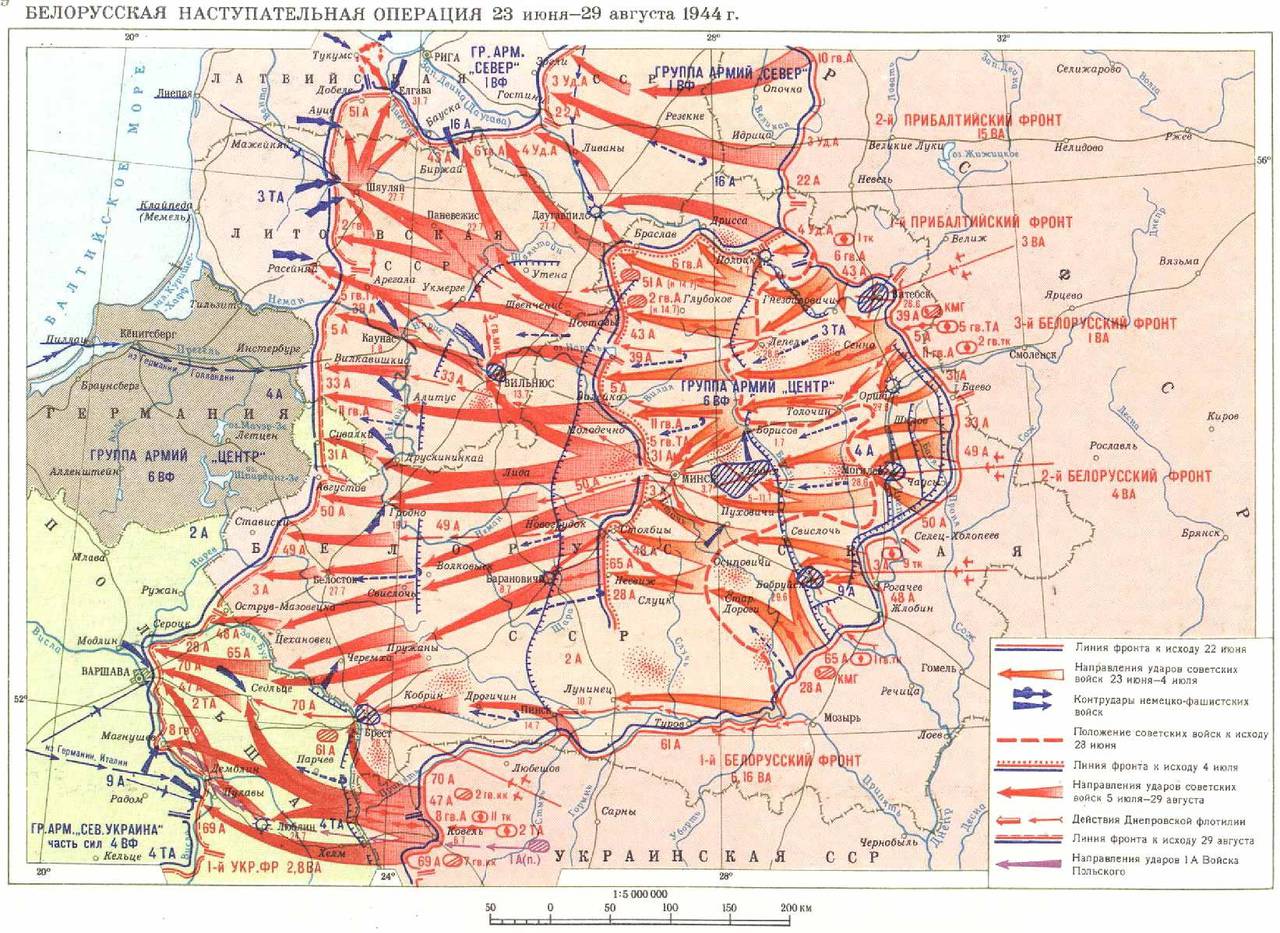
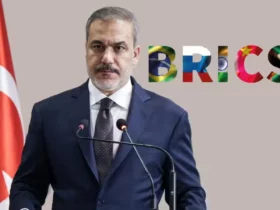

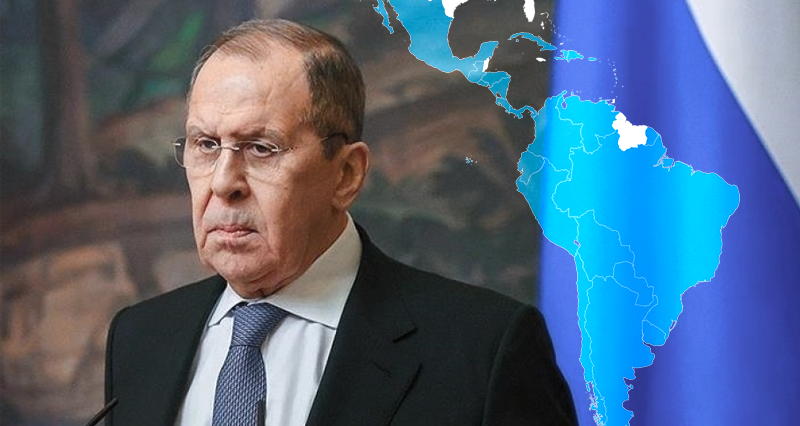
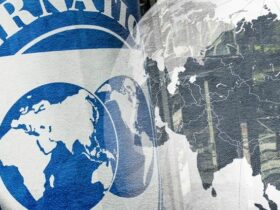
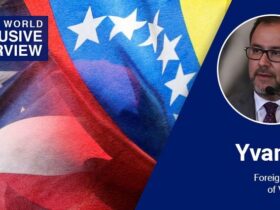
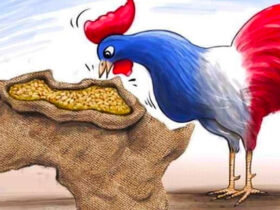
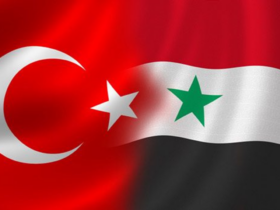
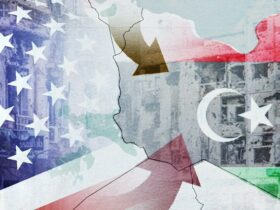
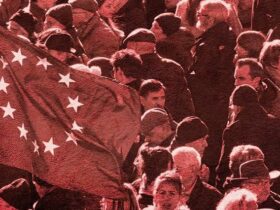
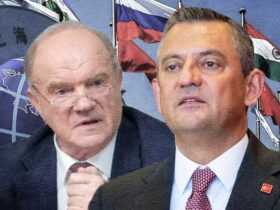
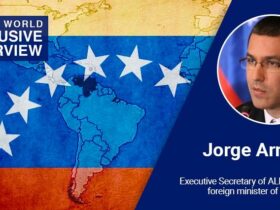

Leave a Reply